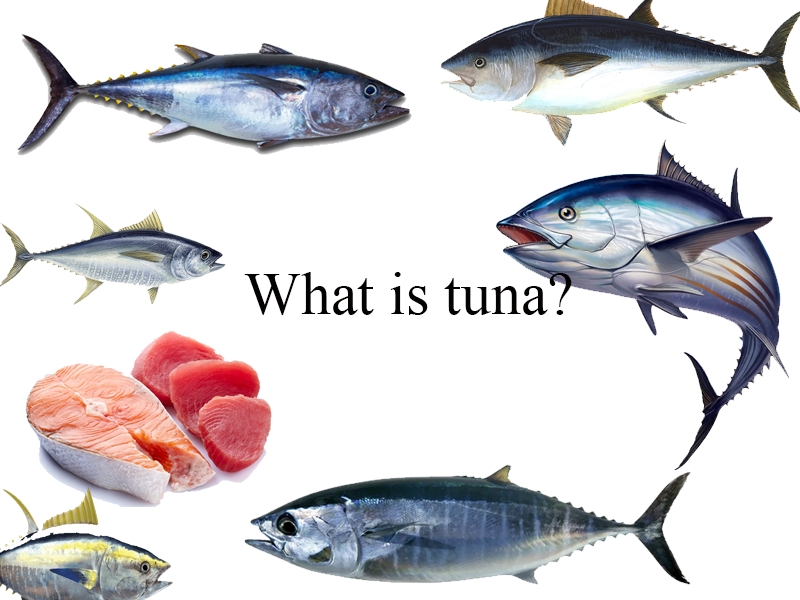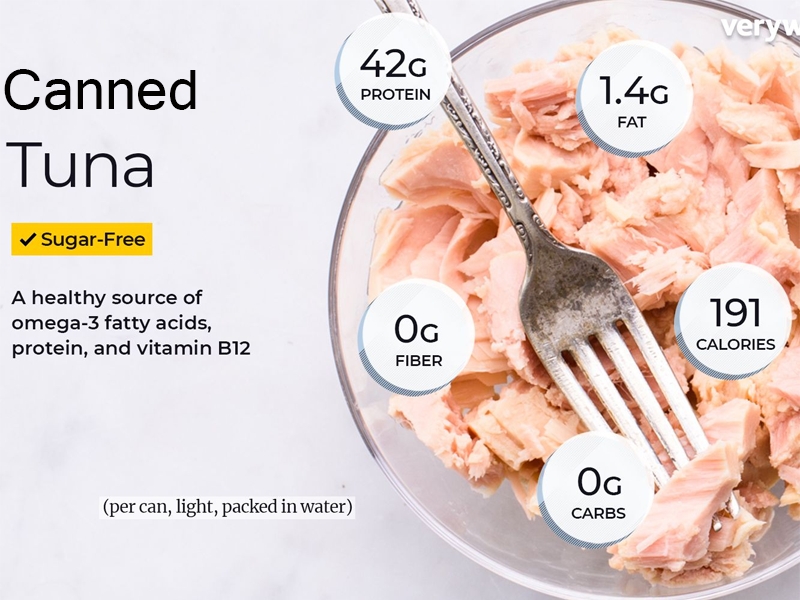V
vietnhan
A saltwater fish related to mackerel is the tuna. It is one of the most consumed fish in the world and comes in eight different commercial kinds, ranging in size from the small skipjack tuna to the huge bluefin.
Fresh tuna, which can be consumed either raw or cooked, and tinned tuna (which is always pre-cooked). In the UK, tuna in cans is packed in oil, spring water, sunflower oil, or brine.

Learn more about the advantages of different fish, including salmon, for your health by exploring our entire collection of health benefit guides with LKS, the orbital pharmaceutical and farming products supplier coming from Vietnam. Also, have a look at some of our mouthwatering tuna recipes, such as our sesame tuna steaks with Asian slaw and tuna & lemon pasta.
.
Nutrition advantages of canned versus fresh tuna
When comparing fresh tuna to tuna that has been canned in brine, there isn't much of a difference in the amount of protein or lipids. Fresh tuna has slightly more calories and greater protein by nature.
100g of canned tuna in brine offers the following nutrients:
Fresh tuna in cooked form, 100g, provides:

When you purchase tuna that has been canned in oil, you may anticipate a rise in fat content to about 6.4g per 100g and an increase in calories to roughly 159 calories per 100g. To ensure that the tuna you are purchasing is sustainable, seek for the Marine Stewardship Council Fisheries Standard (MSC) label.
Top 5 health advantages of tuna in cans
1. source of premium protein
Fish is a good source of protein, and canned tuna in particular provides an economical source of protein and serves as a practical pantry staple.
2. Beneficial source of taurine, an amino acid
Seafood, notably fish like tuna, is a good source of the amino acid taurine and a good source of protein. According to studies, this amino acid may be beneficial in preventing heart disease.
3. Beneficial source of minerals and vitamins

B vitamins, especially niacin (B3), which benefits the neurological system and skin, are present in both fresh and canned tuna. Additionally, tuna provides magnesium, which is necessary for energy, calcium, which supports strong bones and muscular contractions, and vitamin D, which helps the immune system, bone health, and cognitive function. Vitamin D content in fresh tuna is double that of canned tuna (per 100g).
4. Low in fat
The 100g edible component of tuna contains only 1g of fat, and the same is true of tuna that has been canned in spring water or brine.
The UK's official recommendations on oily fish changed in 2018, and tuna is no longer considered to be a suitable source, despite earlier having been regarded as an oily species of fish that is thought to be excellent for heart health. This is due to the fact that recent research indicates that fresh tuna contains levels of long-chain omega-3 polyunsaturated fatty acids that are more akin to those in white fish.
5. Might help with weight control

A valuable addition to a weight loss diet, tuna—including canned tuna in spring water or brine—is low in fat and calories and high in protein.
Fresh tuna, which can be consumed either raw or cooked, and tinned tuna (which is always pre-cooked). In the UK, tuna in cans is packed in oil, spring water, sunflower oil, or brine.

Learn more about the advantages of different fish, including salmon, for your health by exploring our entire collection of health benefit guides with LKS, the orbital pharmaceutical and farming products supplier coming from Vietnam. Also, have a look at some of our mouthwatering tuna recipes, such as our sesame tuna steaks with Asian slaw and tuna & lemon pasta.
.
Nutrition advantages of canned versus fresh tuna
When comparing fresh tuna to tuna that has been canned in brine, there isn't much of a difference in the amount of protein or lipids. Fresh tuna has slightly more calories and greater protein by nature.
100g of canned tuna in brine offers the following nutrients:
- 460 kJ/109 kcal
- 24.9 g of protein
- 1.0g fat
- 69 mcg of selenium
- 0.733g salt
Fresh tuna in cooked form, 100g, provides:
- 32.3 g of protein;
- 0.8 g of fat;
- 92 mcg of selenium;
- 0.158 g of sodium.

When you purchase tuna that has been canned in oil, you may anticipate a rise in fat content to about 6.4g per 100g and an increase in calories to roughly 159 calories per 100g. To ensure that the tuna you are purchasing is sustainable, seek for the Marine Stewardship Council Fisheries Standard (MSC) label.
Top 5 health advantages of tuna in cans
1. source of premium protein
Fish is a good source of protein, and canned tuna in particular provides an economical source of protein and serves as a practical pantry staple.
2. Beneficial source of taurine, an amino acid
Seafood, notably fish like tuna, is a good source of the amino acid taurine and a good source of protein. According to studies, this amino acid may be beneficial in preventing heart disease.
3. Beneficial source of minerals and vitamins

B vitamins, especially niacin (B3), which benefits the neurological system and skin, are present in both fresh and canned tuna. Additionally, tuna provides magnesium, which is necessary for energy, calcium, which supports strong bones and muscular contractions, and vitamin D, which helps the immune system, bone health, and cognitive function. Vitamin D content in fresh tuna is double that of canned tuna (per 100g).
4. Low in fat
The 100g edible component of tuna contains only 1g of fat, and the same is true of tuna that has been canned in spring water or brine.
The UK's official recommendations on oily fish changed in 2018, and tuna is no longer considered to be a suitable source, despite earlier having been regarded as an oily species of fish that is thought to be excellent for heart health. This is due to the fact that recent research indicates that fresh tuna contains levels of long-chain omega-3 polyunsaturated fatty acids that are more akin to those in white fish.
5. Might help with weight control

A valuable addition to a weight loss diet, tuna—including canned tuna in spring water or brine—is low in fat and calories and high in protein.




